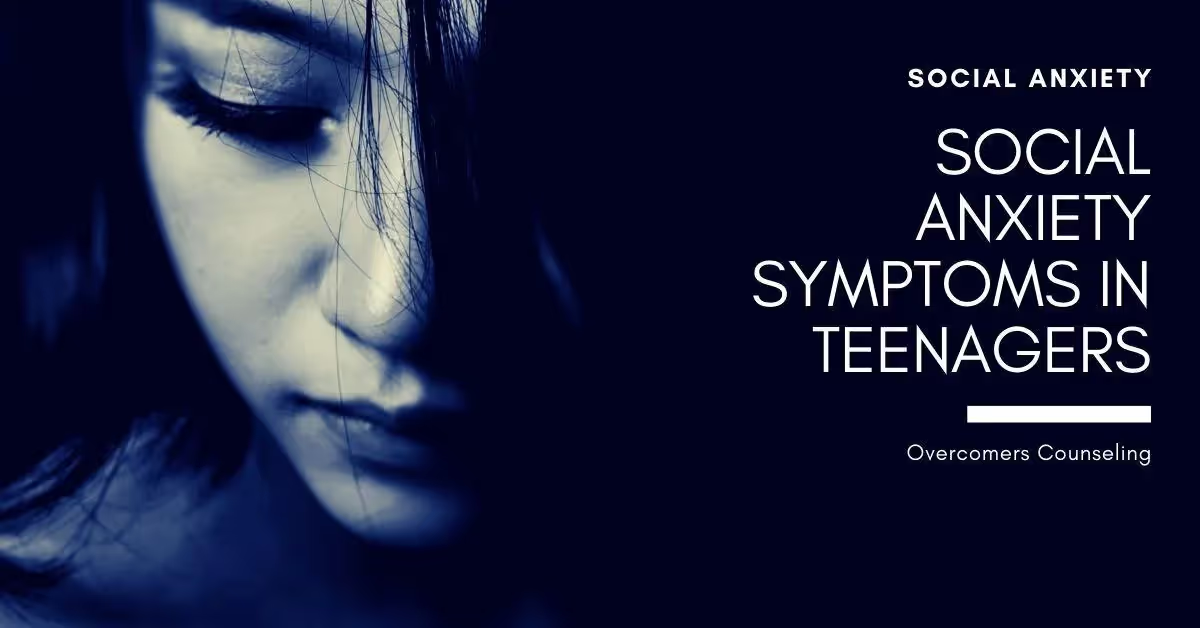The teenage years are often fraught with anxiety. The new demands placed upon children entering puberty and the hormonal changes they will experience can...

The teenage years are often fraught with anxiety. The new demands placed upon children entering puberty and the hormonal changes they will experience can create a maelstrom of symptoms that can make adaptation to the adult world difficult.
While most teenagers are able to successfully transition from childhood to adolescence with minimal turbulence, others struggle greatly. It is not uncommon for those entering adolescence to experience clinically significant symptoms of anxiety and depression, and the needs of these individuals is likewise different from those who don't struggle with these disorders.
Social anxiety disorder, in particular, has an average age of onset of roughly 13.
Given the desire to fit in with peer groups at this crucial juncture in an individual's life, it is no wonder that social anxiety disorder is so prevalent among teenagers.
It is, in some ways, a quintessential teenage mental health condition. But what separates normal teenage moodiness and social struggle from a clinically diagnosable social anxiety disorder?
How can you determine if your teenager needs extra mental health support?
These are some common symptoms of social anxiety disorder among teenagers. If your teenager struggles with any of these, it may be worth seeking additional help for them:
The duration of anxiety counseling varies for each individual, depending on the severity of their anxiety and their progress in therapy. Our therapists will regularly assess your progress and adjust your treatment plan as needed.
Yes, Medicaid provides insurance coverage for therapy services specifically designed to help individuals struggling with anxiety, depression, and other mental health conditions.
Other activities which have been found helpful in reducing both immediate feelings of anxiousness and long-term anxieties associated with chronic disorders include yoga, journaling, nature walks, art therapy, volunteering, and other low-stress activities. Additionally, developing a healthy lifestyle incorporating adequate sleep, physical activity, and nutritious meals can help reduce overall stress levels.
It's important that you feel comfortable discussing personal matters with your therapist in order to open up and get more out of therapy sessions; therefore finding someone who meets certain criteria like experience level, expertise areas, and personality is key when selecting a therapist who can give meaningful feedback about how best handle issues related to anxiety or other mental health concerns.
Addressing anxiety is crucial because it can significantly impact your quality of life and overall well-being. Left untreated, anxiety can lead to more severe mental health issues, relationship problems, and difficulty functioning in daily life.
Ignoring anxiety can exacerbate symptoms and make it more challenging to manage over time. This can result in a negative impact on your personal, professional, and social life, leading to feelings of isolation and even depression.